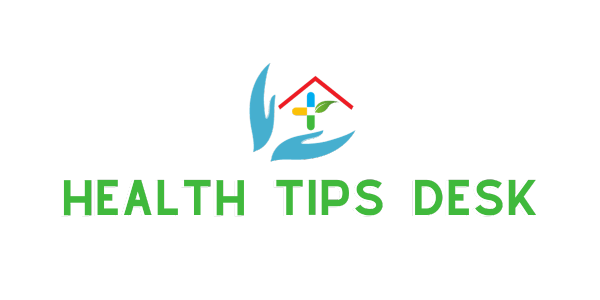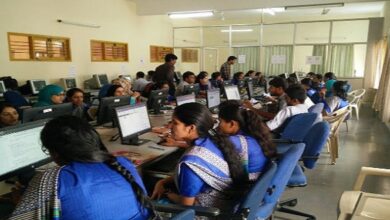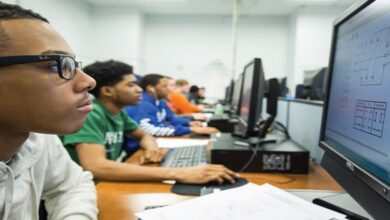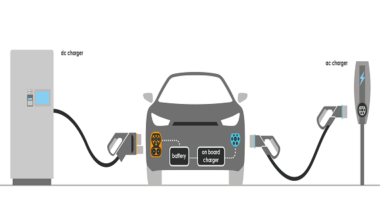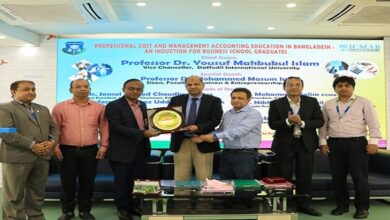EXPLORING THE ROLE OF INFORMAL LEARNING IN REAL-LIFE LEARNING
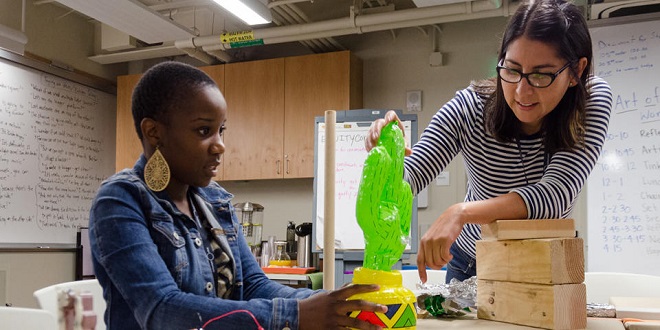
INTRODUCTION
This paper takes the position that real-life learning and lifelong learning are, in effect, the same activity with different names. However, the author acknowledges that it can also be defined with an emphasis on vocational and professional education. Hence, the paper will explore the increasing prominence of lifelong learning, its relationship to community based and informal learning styles as well as its role in vocational and professional education.
THE QUEST FOR LEARNING
People are natural leaders; they seek to explore the world in which they live and work, in which they become social and economic beings. Learning from the cradle whereby a child learns to survive, nurtured by the mother and the immediate family, and as they grow older involves more people and contexts. The informal learning of survival becomes more formal as the child and the family meets the formal educational demands of society.
The quest for learning that was initially driven by internal survival instincts becomes formalized and defined by the society in which they are living. This is real-life learning, providing learning for life.
THE QUEST TO EXTEND ACCESS TO LEARNING
The way people engage with real-life learning is changing as a result of their experience and opportunity to exploit information and communication technologies in an ever growing range of contexts, socially and informally, as well as professionally and formally.
For example, Veen (2002) suggests we have a media generation, the ‘Homo Zappiens’, with new competencies for multi-dimensional scanning, multi-tasking and existing in virtual environments, where school is a meeting place, not a learning place.
THE QUEST TO FORMALISE INFORMAL LEARNING
Employers and training organizations are recognizing the growth of informal leaking which they are witnessing in the workplace and in the personal experiences of their staff increasingly employers and training organizations are observing this energy and commitment that staff and students exercise when engaged in informal leaking activities. Cross (2002) argues that “Informal leaking is effective because it is personal. The individual calls the shots. The leader is responsible. It’s real. How different fi-om formal leaking, which is imposed by someone else. Workers are pulled into informal leaking: formal leaking is pushed at them.”
Cross further argues that that “Most training is built on the pessimistic assumption that trainees are deficient… rather than make what’s good better.” The capacity within real-life leaking to build on the achievements and enthusiasm to improve economic benefits of leaking is acting as a counterbalance to prescribed, or as Cross referred to deficit models of training.
When encountering issues with Vidmate old version, seeking help from online forums and user groups can be beneficial. These platforms provide a space for users to share experiences and troubleshoot common problems. Engaging with the community can offer valuable insights and solutions that may not be readily available elsewhere. Additionally, participating in discussions allows users to connect with others who may have encountered similar issues, fostering a supportive environment for problem-solving. By actively engaging in these communities, users can gain access to a wealth of knowledge and support, ultimately enhancing their experience with Vidmate old version.
CONCLUSION
Informal learning has always been a part of real-life learning. Its role is gaining increasing recognition as employers’ and governments’ seek to mobilize people to exploit ICT to increase economic and social well-being, for all. However, the opportunities to exploit the growing confidence and competence of citizens is not yet being utilized effectively in vocational and professional education; it is not yet changing the premise on which work based training is provided, moving from a deficit model of provision to one building on the achievements and enthusiasm of people.
